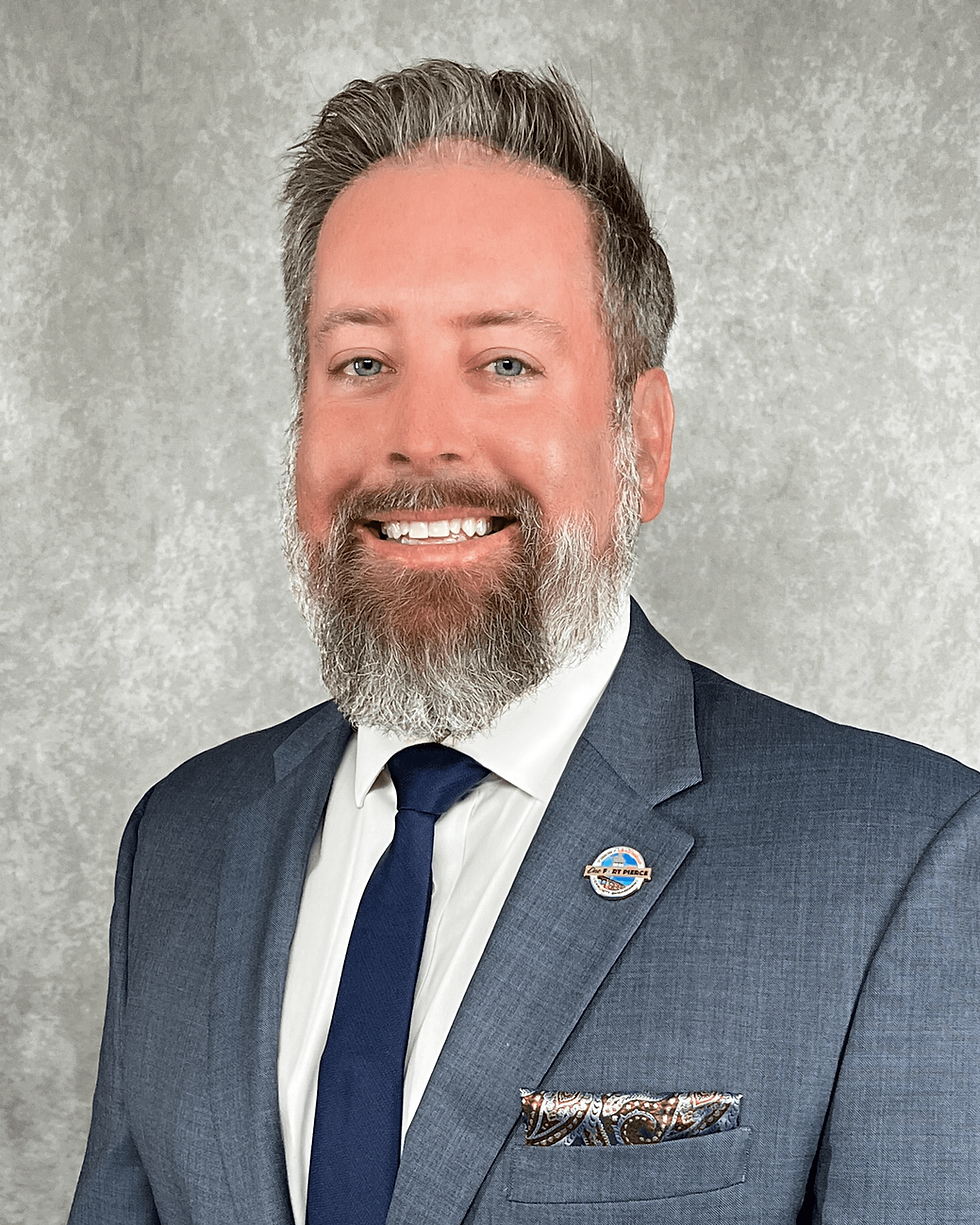Legal Explainer: What Jack Smith’s Petition to the Supreme Court Means and What Happens Next
- Emily Maiden

- Dec 12, 2023
- 4 min read

Yesterday’s news that Special Counsel Jack Smith is petitioning the Supreme Court for a writ of certiorari before judgement in the federal election interference case was an exciting development for court watchers everywhere, but what does it mean?
Questions of presidential immunity and double jeopardy
On 1 December, Judge Tanya Chutkhan denied two of Trump’s motions to dismiss the entire election subversion case. The former president had moved for dismissal citing broad protections of presidential immunity and double jeopardy. Trump’s attorneys had told the district court that he was acting within the “outer perimeter” of his presidential responsibilities when he attempted to overturn the 2020 election in his favor, and that he was therefore immune from prosecution. They had also suggested that he was protected by the double jeopardy clause of the Fifth Amendment, which prevents someone from being tried twice for the same offense.
Judge Chutkhan denied this motion for several reasons:
On the presidential immunity question, the Judge wrote that such a claim was nowhere to be found in the Constitution: “The Constitution’s text, structure, and history do not support that contention. No court – or any other branch of government – has ever accepted it.” She wrote that “whatever immunities a sitting president may enjoy…that position does not confer a lifelong ‘get-out-of-jail-free’ pass.” On the same day that Judge Chutkhan issued her opinion, a civil court in DC also found that Trump had no immunity from being sued over the events of January 6.
On the question of double jeopardy, the Judge mined legal documents stretching back to the 1790s to show that there is no basis in law for Trump’s argument that his second impeachment and acquittal in the Senate provides him with blanket immunity from prosecution. The penalties for impeachment extend only so far as removal and barring from office, juxtaposed with a loss of liberty if found guilty in a court of law. Impeachment is a function of the legislative branch of government, prosecution is carried out by the executive branch. As the Office of Legal Counsel found in 2000, impeachment and subsequent acquittal in the Senate does not preclude criminal prosecution. In any event, Trump was impeached for incitement of insurrection, which is not something he’s been charged with in the indictment.
Trump, of course, appealed Judge Chutkhan’s decision to the DC Court of Appeals. The appellate process could take months and the trial is scheduled to begin with jury selection on March 4 2024. Any decision by the appeals court could then be further delayed if the former president didn’t like the outcome. He could ask for an en banc hearing before all the Judges in the appellate court, as opposed to the three-Judge panel that would hear the case in the first instance. And if that also went against him, he could then appeal to the Supreme Court, potentially stretching the litigation out for years.
Enter Jack Smith
Anticipating this tactic, the Special Counsel made an aggressive move on Monday to bypass the DC Court of Appeals and go straight to the Supreme Court via a writ of certiorari – a procedure whereby SCOTUS can require the lower court to send them the case for review.
As CNN Supreme Court analyst and University of Texas School of Law professor Steve Vladeck explained, “historically, the Supreme Court has rarely agreed to this kind of gambit – to take up an appeal before a federal court of appeals has had a chance to do so.” But there is precedent, as Jack Smith wrote in his petition to SCOTUS.
In 1974, at the height of the legal battles over the Watergate scandal, the Supreme Court agreed to a similar maneuver to allow a case against Richard Nixon to proceed in a swift manner. Between 1988 to 2019, the Court granted certiorari three times and it was a rare outcome. Since then, the Justices have granted certiorari almost 20 times, which shows that Jack Smith has a decent chance of winning this latest legal battle.
What happens now?
The Court agreed to hear the petition on an expedited basis shortly after the Special Counsel filed a request for them to do so. This doesn’t mean that the Justices will take up the review of Judge Chutkhan’s opinion, just that they’ll hear arguments about why they should or shouldn’t from both parties. Trump’s team have until 4.00pm on Wednesday 20 December to file a response to Jack Smith’s request.
Should the Court agree to hear the case, they will either rule that Trump has immunity from prosecution – after which all the cases against him will fall apart – or they’ll rule against that argument and the case will proceed in normal order. Only four Justices must agree to hear the case for it to be sent to them for review, the most likely candidates being the three liberal Justices – Jackson, Sotormayor and Kagan – and Chief Justice John Roberts.
If they don’t hear the case, the DC Court of Appeals will take up the issue, a scenario the Special Counsel has already prepared for by filing a request to expedite the matter in the appellate court. There would be potential for this to drag on and reach the Supreme Court anyway, which would in all likelihood mean a delay to the proceedings, potentially past the 2024 election owing to the timing of each session of SCOTUS, which lasts from the first Monday in October until late June or early July.
What does it mean?
We’ve come to a pivotal point in the slew of cases against the former president, with a central question that needs to be resolved. As the Special Counsel noted in his filing before the Supreme Court, “nothing could be more vital to our democracy” than deciding whether a former president can be held to the same legal standard as everyone else. “A cornerstone of our constitutional order is that no person is above the law. The force of that principle is at its zenith where, as here, a grand jury has accused a former President of committing federal crimes to subvert the peaceful transfer of power to his lawfully elected successor.”
This is a gutsy move that left Trump’s team aghast, calling Smith Joe Biden’s “henchman” and the petition a politically motivated “Hail Mary”. It’s not only gutsy, but historic.








Comments